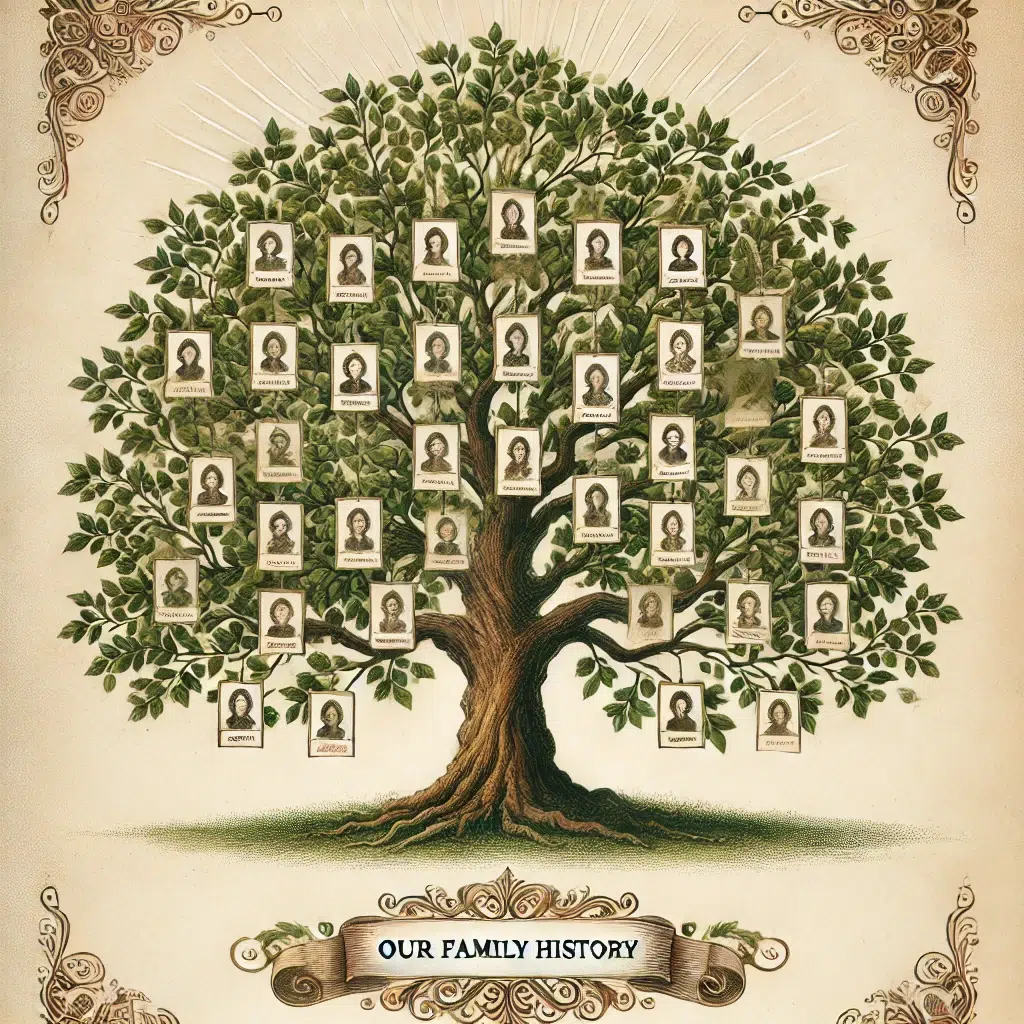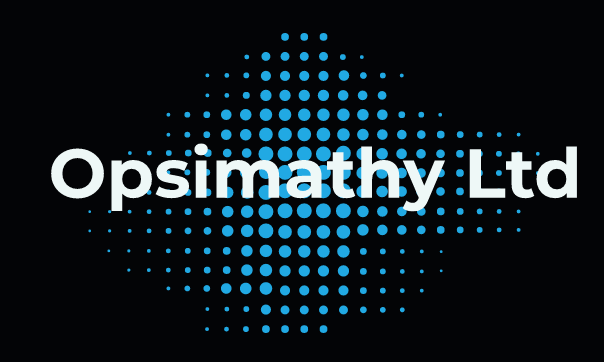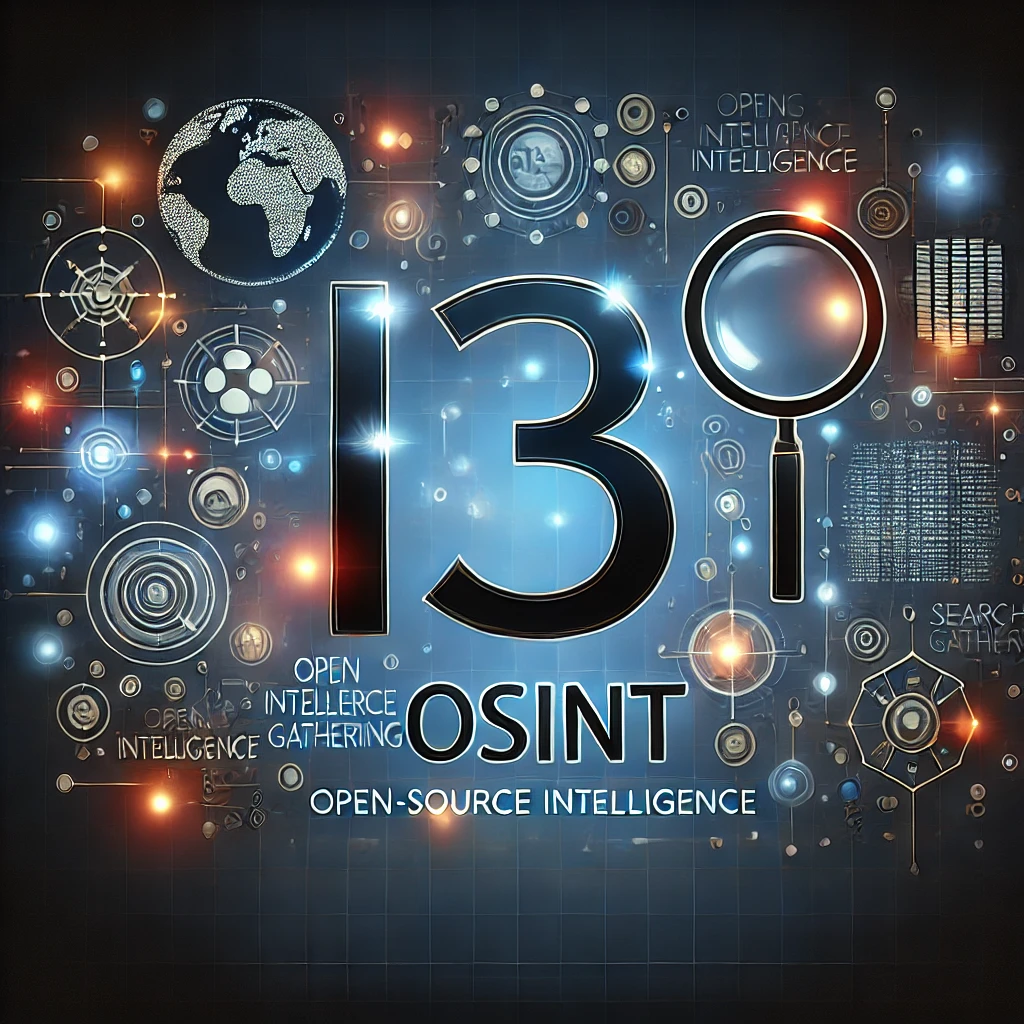
Tools and Programs to Assist You in Creating Your Family History in the UK
Tracing your family history in the UK can be exciting and rewarding. With countless tools and resources available, uncovering your Ancestry and creating a detailed family tree has never been easier. Here’s a guide to the essential tools and programs that can assist you every step of the way.
1. Online Genealogy Platforms
These platforms are essential for accessing digitised records, building family trees, and connecting with other researchers.
Free Platforms
- FreeBMD: Offers free access to transcriptions of civil registration index records (births, marriages, and deaths) in England and Wales.
- FreeCEN: Provides free access to census records, a great starting point for tracing family members in a specific household.
- FreeREG: Focuses on transcriptions of parish registers (baptisms, marriages, burials).
- FamilySearch: A free, comprehensive genealogy platform operated by the Church of Jesus Christ of Latter-Day Saints with a wealth of global records.
Paid Platforms (often offer free trials)
- Ancestry.co.uk: Extensive collection of UK records, including censuses, parish records, and military records. It also allows DNA testing and connections to other family trees.
- Findmypast: Offers exclusive access to the 1921 Census, British newspapers, and parish records.
- The Genealogist: Specialises in unique records such as tithe maps, non-conformist records, and census substitutes.
- MyHeritage: Strong in global connections and includes DNA testing and collaboration tools.
2. Government and Official Archives
These archives hold official records that are crucial for building your family history.
- The National Archives: Access to census records, military records, wills, and immigration/emigration records. The “Discovery” search tool is handy.
- The General Register Office (GRO): Order birth, marriage, and death certificates for England and Wales. You can use the GRO Index for free to find key information.
- Scotland’s People: For those with Scottish Ancestry, this platform provides access to Scottish civil, church, and census records.
- PRONI (Public Record Office of Northern Ireland): A vital resource for Irish family history, including wills, church records, and land valuations.
3. Local Archives and Libraries
Local resources can provide unique and detailed information about your ancestors.
- County Record Offices: They house parish registers, poor law records, school admission logs, and local newspapers.
- British Library Newspaper Archive: Access digitised newspapers to uncover stories about your ancestors’ lives.
- Local Studies Libraries: Many libraries have genealogical and historical collections specific to their region.
4. Tools for Organising Your Research
Keeping your findings organised is crucial to building a comprehensive family tree.
- Family Tree Builders:
- Gramps: Free, open-source software to build and organise your family tree.
- Family Tree Maker: Paid software with integration to Ancestry.
- RootsMagic: Affordable software with powerful organisation tools.
- Digital Organisation:
- Evernote or Notion: To store notes, photographs, and links.
- Google Drive or Dropbox: This is a secure storage of digital documents and photos.
5. DNA Testing Kits
DNA testing can help uncover unknown relatives, confirm family lines, or discover ethnic backgrounds.
- AncestryDNA: Best for connecting with others who share your family tree on Ancestry.
- 23andMe: Focuses on Ancestry and health insights.
- MyHeritage DNA: Good for ethnicity estimates and finding relatives globally.
- Living DNA: Specialises in UK and Irish Ancestry with more granular regional detail.
6. Historical Maps and Directories
Understanding where your ancestors lived and how they lived is key to enriching your family story.
- National Library of Scotland Maps: Free access to historical maps of Scotland and other parts of the UK.
- Old Maps Online: A portal for locating digitised maps globally.
- The Genealogist’s Map Explorer: Helps to visualise ancestral locations on old maps.
- Historical Directories: Tools like the University of Leicester’s Historical Directories collection provide access to old trade directories.
7. Visual and Narrative Resources
Bringing your family history to life often requires imagery and storytelling.
- British Newspaper Archive: To find stories about your ancestors or their community.
- Photographic Collections:
- Francis Frith Collection: Old photos of towns and villages across the UK.
- Historic England Archive: Photos of buildings and landmarks from the past.
- Storytelling Tools:
- Canva: Create family tree visuals, timelines, or heritage books.
- Scrivener: Excellent for writing family histories and organising narratives.
8. Community and Collaboration Tools
Connecting with others can help you uncover missing pieces or share insights.
- RootsChat: UK-focused genealogy forums to connect with other researchers.
- Facebook Groups: Search for regional or surname-specific genealogy groups.
- Guild of One-Name Studies: Great for researching a specific surname across generations.
Conclusion
Creating your family history in the UK is a profoundly enriching process that combines detective work, historical research, and storytelling. By leveraging the tools and programs listed above, you can uncover your Ancestry, connect with relatives, and preserve your heritage for generations. Start your journey today and embrace the joy of discovering your roots.


